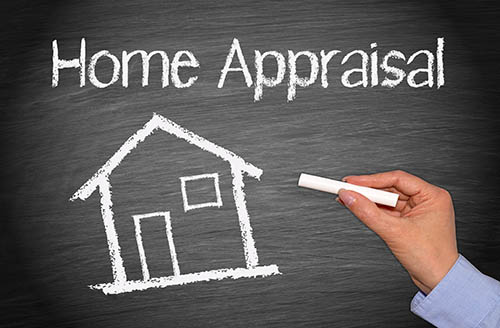 Many people dream of buying their ideal retirement home after their career has come to a conclusion – with all that extra free time it seems like it’d be the most logical time to shop around.
Many people dream of buying their ideal retirement home after their career has come to a conclusion – with all that extra free time it seems like it’d be the most logical time to shop around.
However, many real estate professionals strongly recommend that their clients find a retirement property before they’re off the payroll. While it may seem like a big time commitment to find a new home while you’re still busy with your work there are several significant financial benefits to purchasing your retirement home before you actually do retire. Here are our top reasons why.
It Makes Your Mortgage Easy
When you are employed it is easier to get approved for a mortgage. If you wait until after you retire to buy your retirement home, you may not have the income require to qualify for the mortgage that you need. Don’t limit yourself! Buy while you’re still employed to keep your options open.
It Leaves You With More Spending Money
Buying a new home while you have an income provides you with more security with your expenses, such as mortgage payments and planned upgrades or renovations. Having an income can also mitigate financial stress should you run into any unexpected expenses after closing.
It Leaves You Ready For Reality
You may think you can accurately predict the expenses of your new home, but if you buy the property before retiring it gives you time to get to know the true amounts of your monthly payments. This can help ensure that you have enough saved to retire and live comfortably in your new property, with no surprises for your budget. You’ll be in a better position to create a financial plan once you know the reality of owning your new home.
An Added Bonus: It Can Be An Income Property
If you decide to purchase your retirement home before you retire you don’t have to move into it right away. You can rent it out as an income property until you’re ready to settle in, which will not only help cover mortgage payments but will also allow you to see first-hand what the monthly expenses are for the property.
This will also prevent you from having to deal with a move while working; you can wait until you do finally retire before packing up your current home and moving into your new one.
Contact your trusted mortgage professional today for more advice to set yourself up for the future.
 When you are buying a home, you may run into a number of hurdles to complete the purchase. One of the items that you may be asked to purchase is called private mortgage insurance, often shortened to PMI. This is a unique insurance policy that your lender, such as the credit union or bank, may ask you to buy in order to protect themselves. In this insurance policy, the bank protects themselves against losing money if you end up defaulting on your loan.
When you are buying a home, you may run into a number of hurdles to complete the purchase. One of the items that you may be asked to purchase is called private mortgage insurance, often shortened to PMI. This is a unique insurance policy that your lender, such as the credit union or bank, may ask you to buy in order to protect themselves. In this insurance policy, the bank protects themselves against losing money if you end up defaulting on your loan. Appraisers consider several factors when valuing a house to determine its fair market value. The goal of the appraisal is to provide an unbiased and accurate assessment of the property’s worth.
Appraisers consider several factors when valuing a house to determine its fair market value. The goal of the appraisal is to provide an unbiased and accurate assessment of the property’s worth.
